In the economies of developing nations, the aquatic products area does not only lead to the improvement of food stability and livelihoods, but it also offers employment opportunities and the attainment of foreign currency through exports. It is considered to be important from a variety of perspectives.
Also, in developing countries, in order to escape from poverty environmental destruction takes place, leading to a temporary improvement in standards of living. However, when viewing matters from a long-term perspective, a vicious cycle of repeated deterioration of the economy and impoverishment can be observed. In order to contribute to the solution of this issue, projects regarding sustainable use of resources and protection of biodiversity are conducted.
For INTEM Consulting, Inc. aquatic products development/environment is one of our strengths. Toward the aim of sustainable use of resources, we are conducting technical knowhow transfers related to coastal fishing, aquaculture, aquatic products processing and biodiversity and wetlands environment conservation.
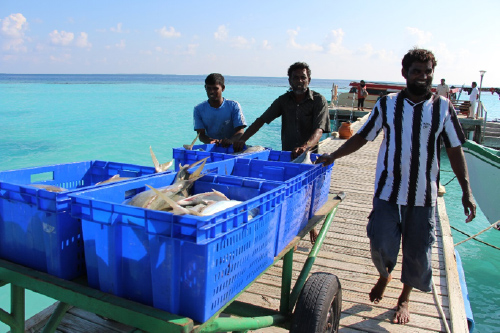
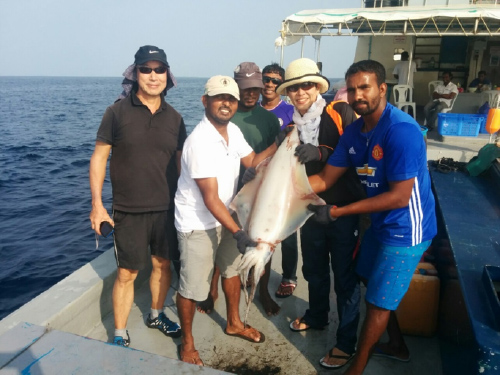
There are many islands floating in the Indian Ocean with beautiful coral reefs. While the Maldives is known as one of the most famous resort areas in the world, it is also an area where the fishing industry has long thrived. While skipjack tuna and yellowfin tuna are especially important aquatic resources, in recent years low catch volumes have been a source of worry. The Maldives has faced the dual issues of the promotion and the sustainable development of the aquaculture industry.
Through the creation of the long-term development plan of the Maldives aquaculture industry, we have helped to find a solution to the above issues. In the process of creating the plan, we realized added value through the keeping tuna freshness, creating a guideline for reef fisheries, sea cucumber aquaculture development, and processed aquatic products quality control, etc. On site, we also worked toward the solution of issues faced on the front lines. Concerning the fishing industry development of what had been an unused resource: the diamondback squid, it shows signs of taking root as a new fishing industry in the Maldives. It isn’t widely known, but in the history of the development of the Maldives aquaculture industry, the influence of Japan has actually been quite large. This might be a case of Japan once again adding its name to this history.
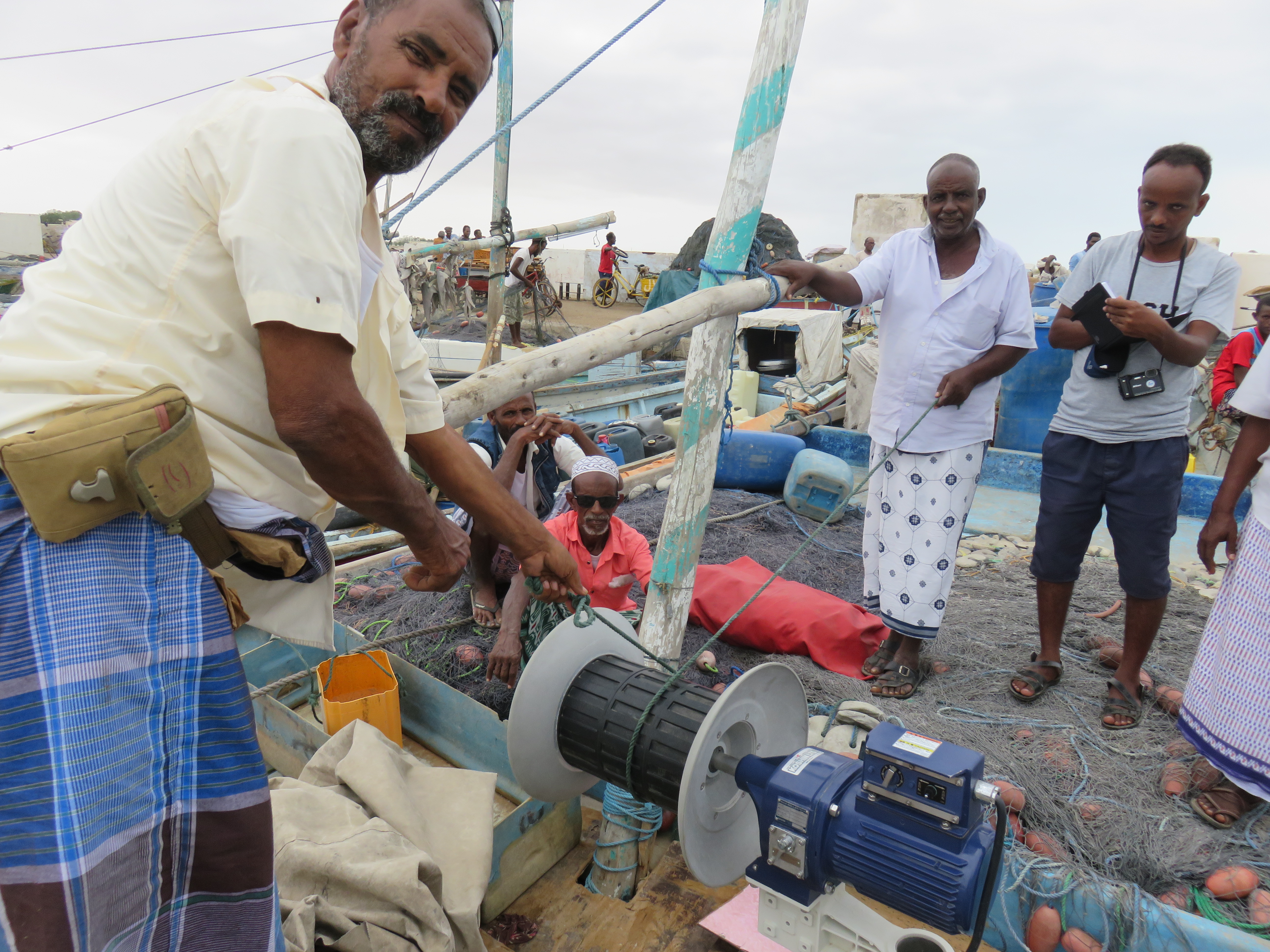
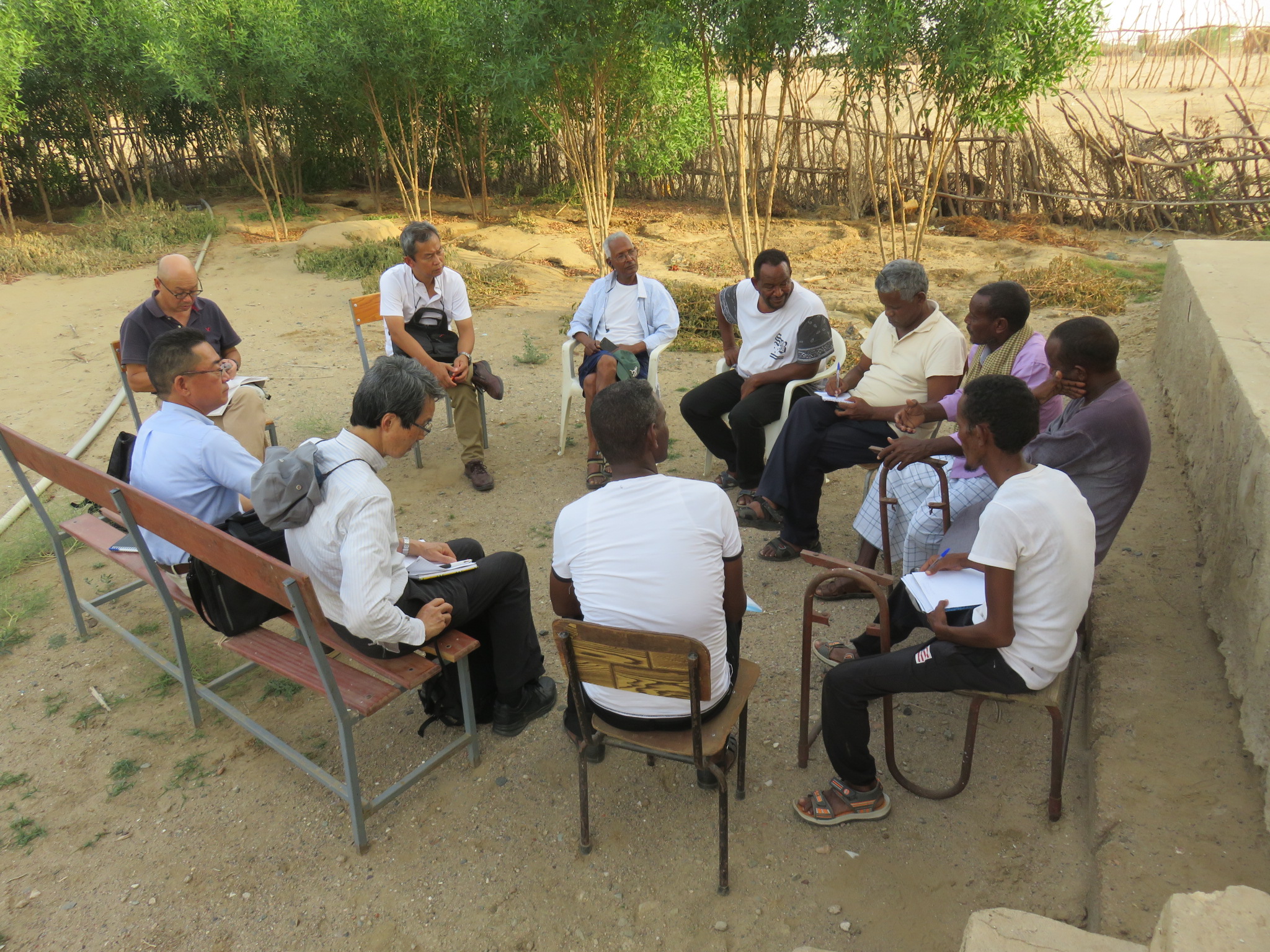
Eritrea, which faces the Red Sea in the “Horn of Africa” in northeastern Africa, is blessed with abundant fishery resources, yet fisheries development has not progressed. The challenges are food security, nutritional supply for the people through the spread of fish diets, and improving fishers’ income.
To this end, the project worked on human resource development, pilot activities, and the formulation of guidelines for coastal fisheries development based on the results of these activities, in order to develop and disseminate technologies adapted to the actual conditions of the local fishing industry and fishery distribution. The project demonstrated the improvement of fishing gears and methods using Japanese technology, the introduction of new fishing gears such as small set nets and solar-powered ice makers, and the installation of fish reefs using artificial seaweed.
These results were highly appreciated by the Eritrean government, and in addition to the guidelines became an official government policy document, the government continues to conduct extension activities and procure materials for fishers based on these guidelines.
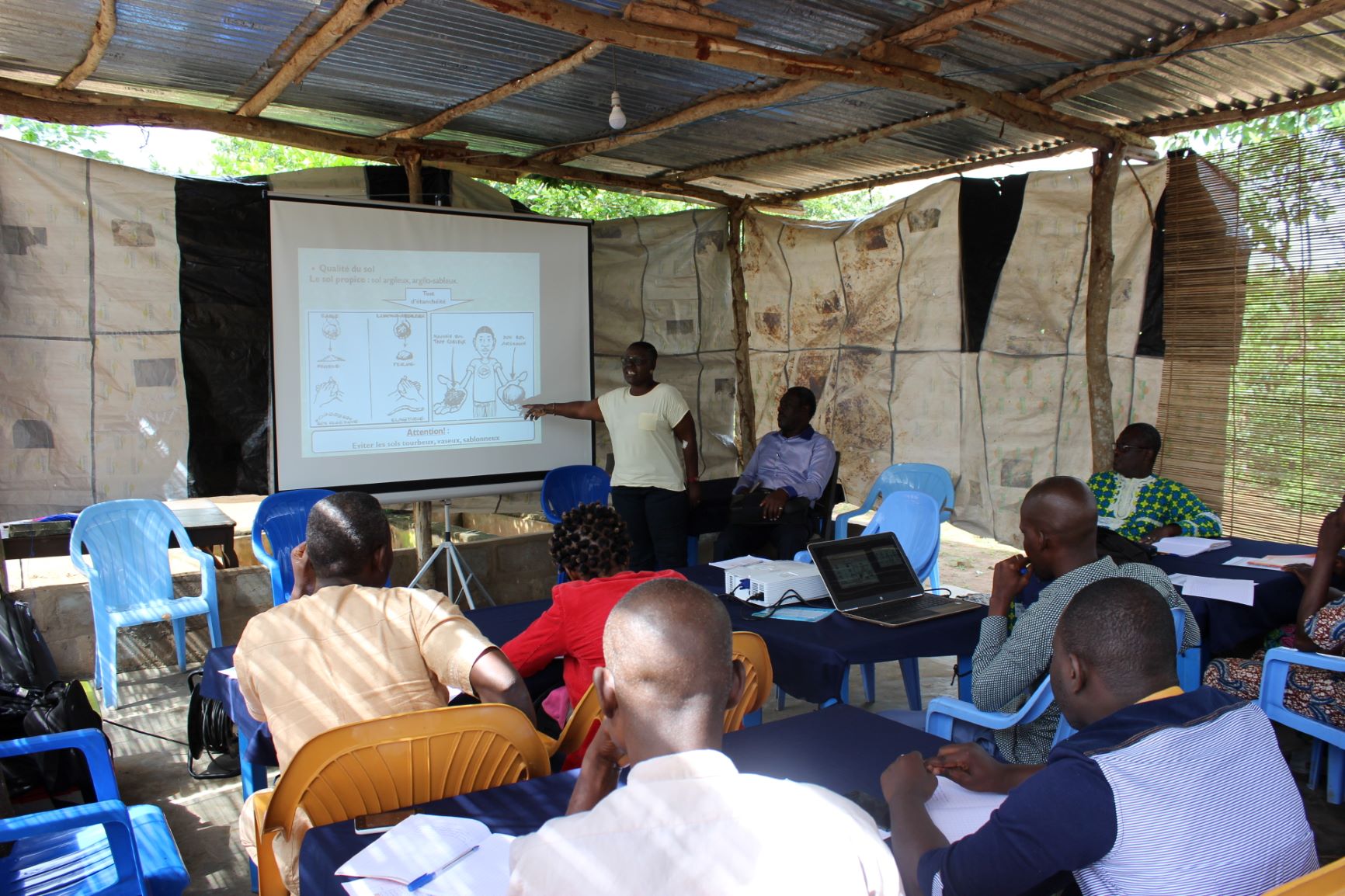

The fishing grounds of Benin, a long and narrow country facing the Gulf of Guinea in West Africa, are limited, and the volume of fish caught has been decreasing year by year due to overfishing, making the country unable to meet domestic demand for marine products and heavily dependent on imports from overseas. In order to solve this problem, a project was implemented to promote fish farming by effectively utilizing the freshwater areas spreading inland.
In Phase 1, which targeted inland coastal areas with relatively high aquaculture potential, the “farmer-to-farmer extension method” model proven in Cambodia and other Asian countries was applied for the first time to Africa, where aquaculture patterns, target fish species, cultures and customs are different. As a result, the number of farmers in the seven southern provinces of the target area increased by approximately 2.5 times from the start of the project, and the production volume increased by approximately three times.
In Phase 2, based on the achievements of Phase 1, the target area was expanded to inland areas, and aquaculture dissemination was expanded to the whole country. In addition, the results were shared with six neighboring countries (Angola, Gabon, Cameroon, Republic of Congo, Democratic Republic of Congo, and Togo) through a technology exchange program, and the project was highly evaluated by each country as a project that will greatly contribute to the promotion of aquaculture in Central and West Africa.
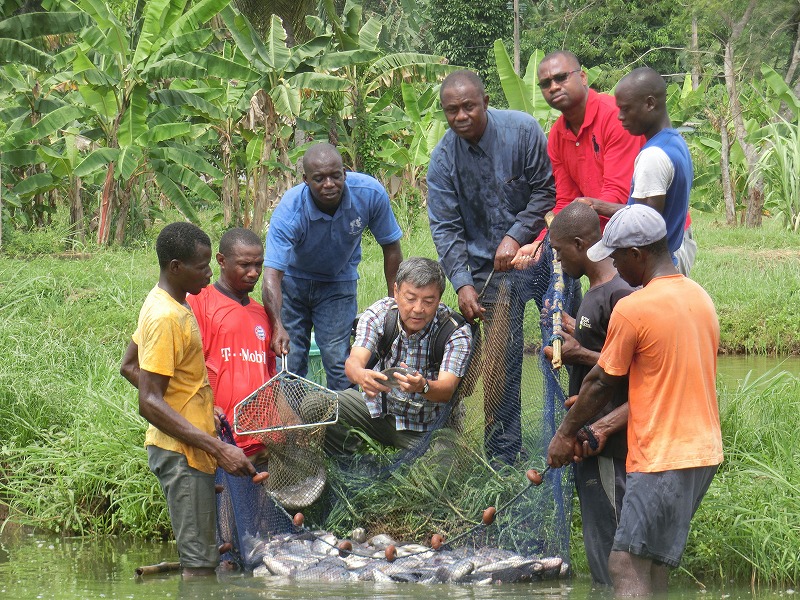
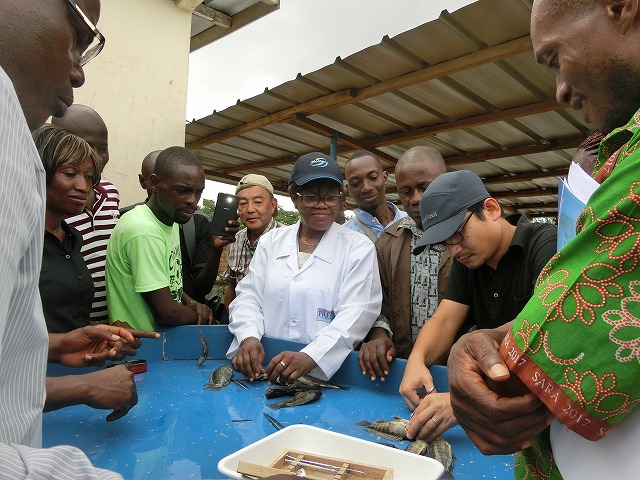
Cote d’Ivoire in West Africa consumes 650,000 tons of seafood annually, making seafood the primary source of animal protein for its people. However, domestic catch and aquaculture production is only 110,000 tons, leaving a shortfall of approximately 540,000 tons, which the country relies on imports to meet. Therefore, with the goal of increasing domestic production, the government has positioned the promotion of aquaculture using the rich inland water resources as a priority policy for fisheries development.
In order to enhance the effectiveness of Cote d’Ivoire’s policies, the project developed an action plan for the field of inland aquaculture that describes the action plan that the country should implement through demonstration tests in each field of inland aquaculture (seedling production, aquaculture technology, feed, etc.), and guidelines to ensure the technology. In addition, we have also developed a guideline to ensure the implementation of this technology.
Utilizing these results, various inland aquaculture projects are now being implemented by the Government of Cote d’Ivoire, JICA (Phase 2 of the project), and other donors (FAO, World Bank, etc.), with the aim of increasing aquaculture production.
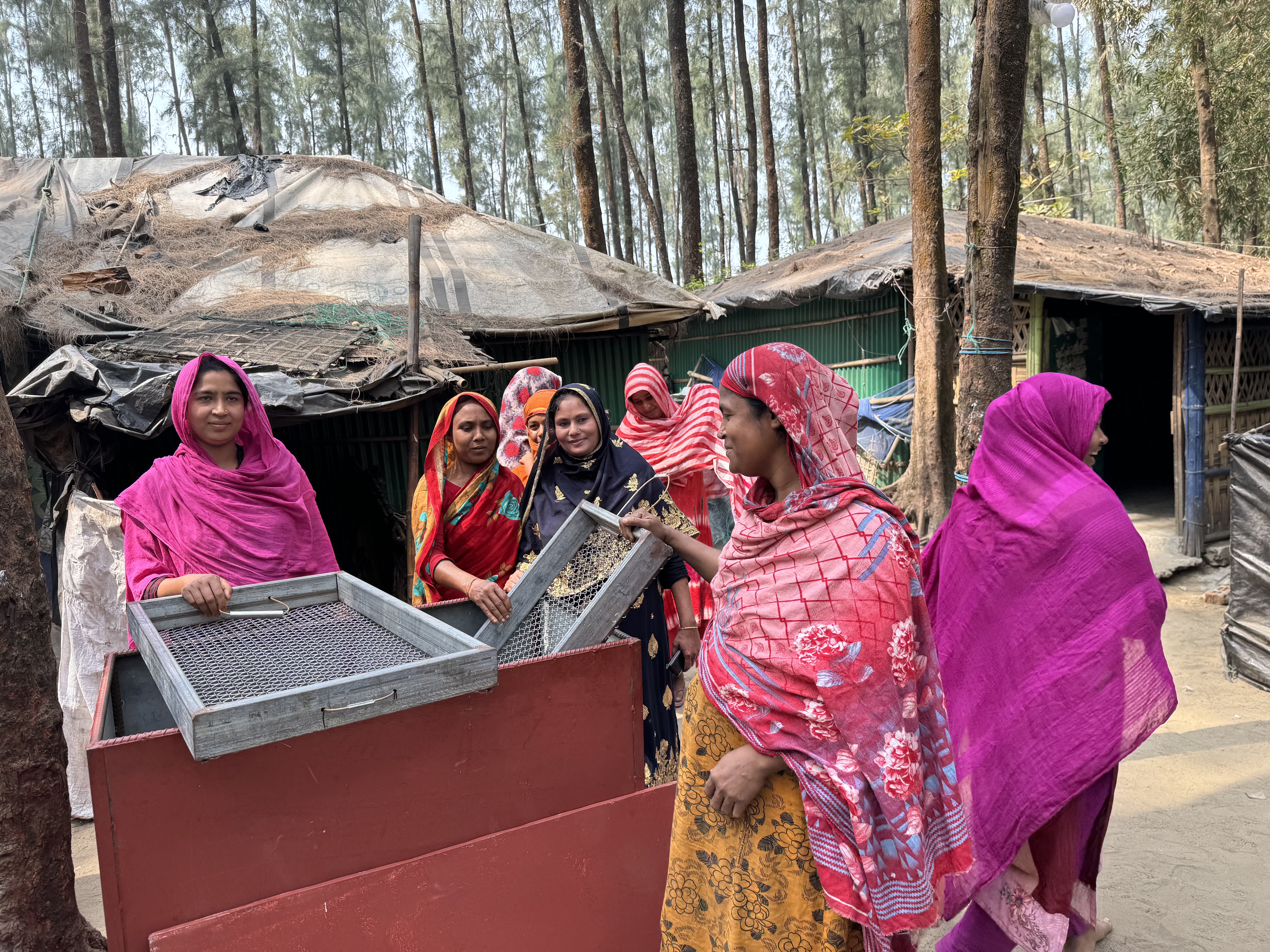
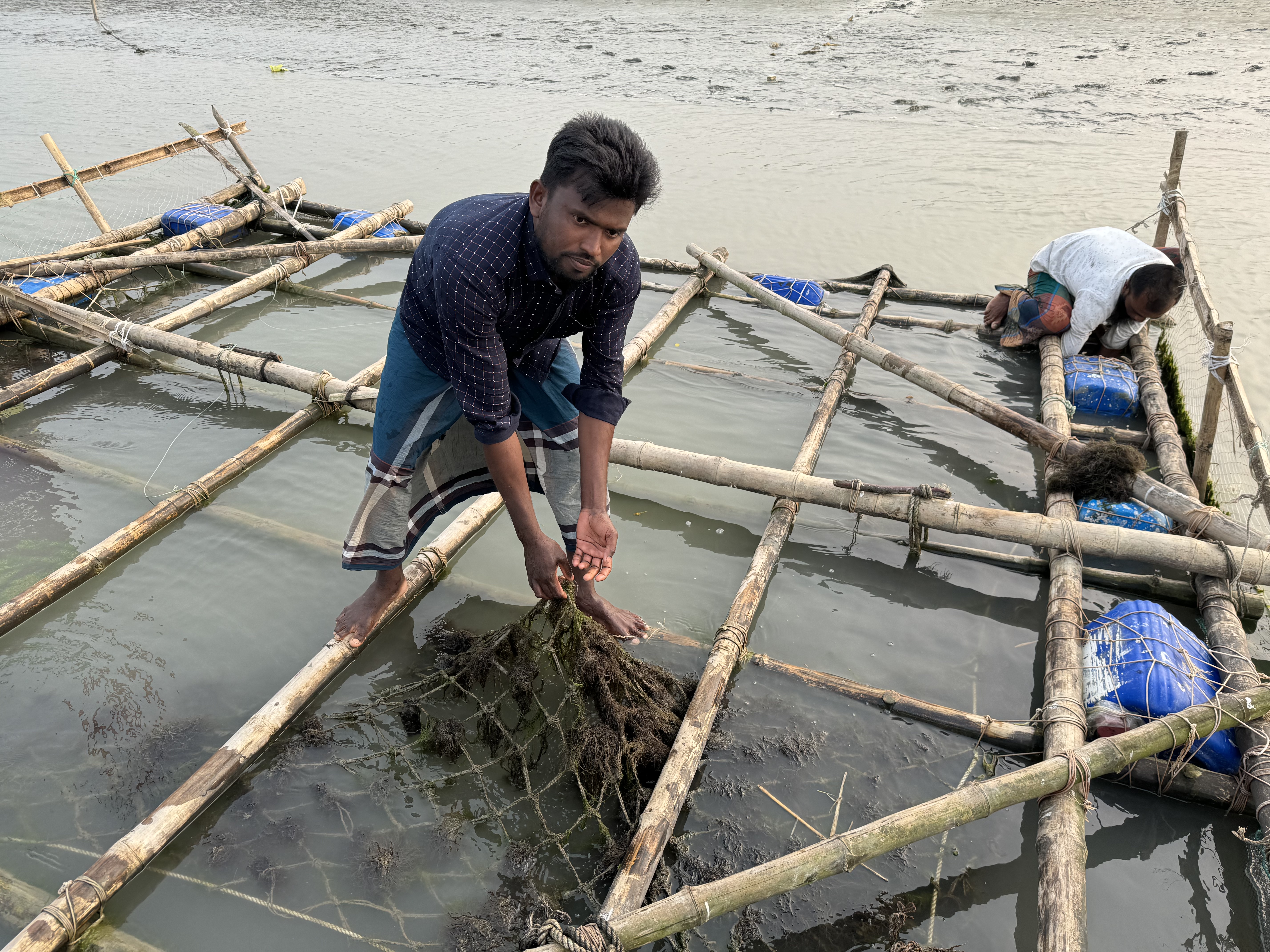
In Cox’s Bazar district in southeastern Bangladesh, more than 800,000 Rohingya refugees have flowed in from Myanmar since August 2017, forming the largest refugee camp in the world. However, the villages that host these refugees, or host communities, are experiencing significant negative impacts on the livelihoods of their residents, including worsening security and soaring prices. In particular, the livelihoods of those engaged in coastal fishing, which is the livelihood of many of the residents, are being affected by a total ban on fishing activities on the Naf River that flows along the border with Myanmar and the government’s new total ban on fishing activities on the Naf River, which flows along the Myanmar border, coupled with the government’s new long-term no-fishing policy established in 2019, has also had a drastic negative impact on the livelihoods of the residents.
This advisory service provided host communities in Cox’s Bazar Province with a demonstration project to improve the livelihoods of residents by introducing tilapia and seaweed aquaculture technology, developing fish processing technology using the hand volcanic fumigation method, and improving the marine products value chain.
Based on the results of the project, a new technical cooperation project, “Fishing Village Development Project for the Coastal Areas of the Bay of Bengal, Bangladesh,” was launched in 2022 to improve the livelihood of coastal communities, especially fishermen, over a wide area.
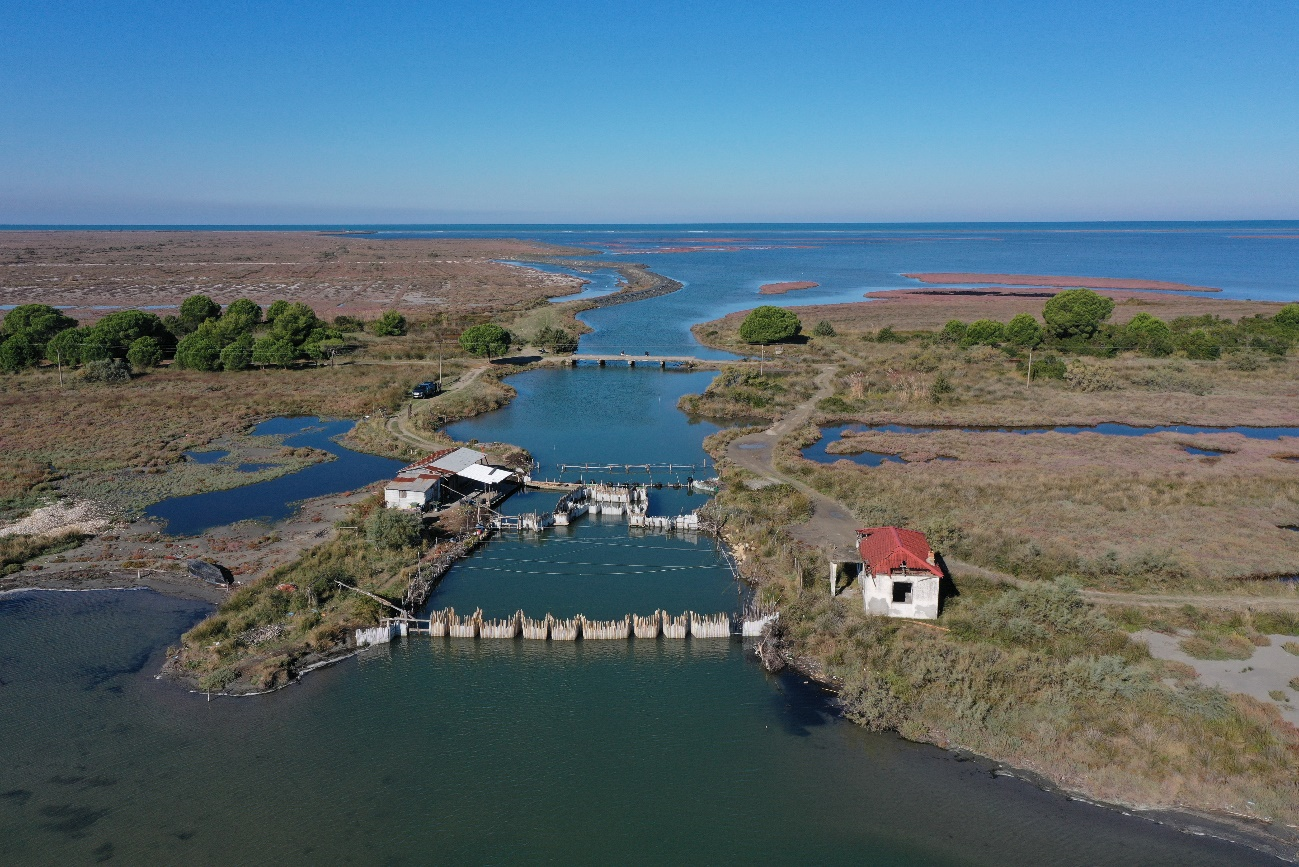
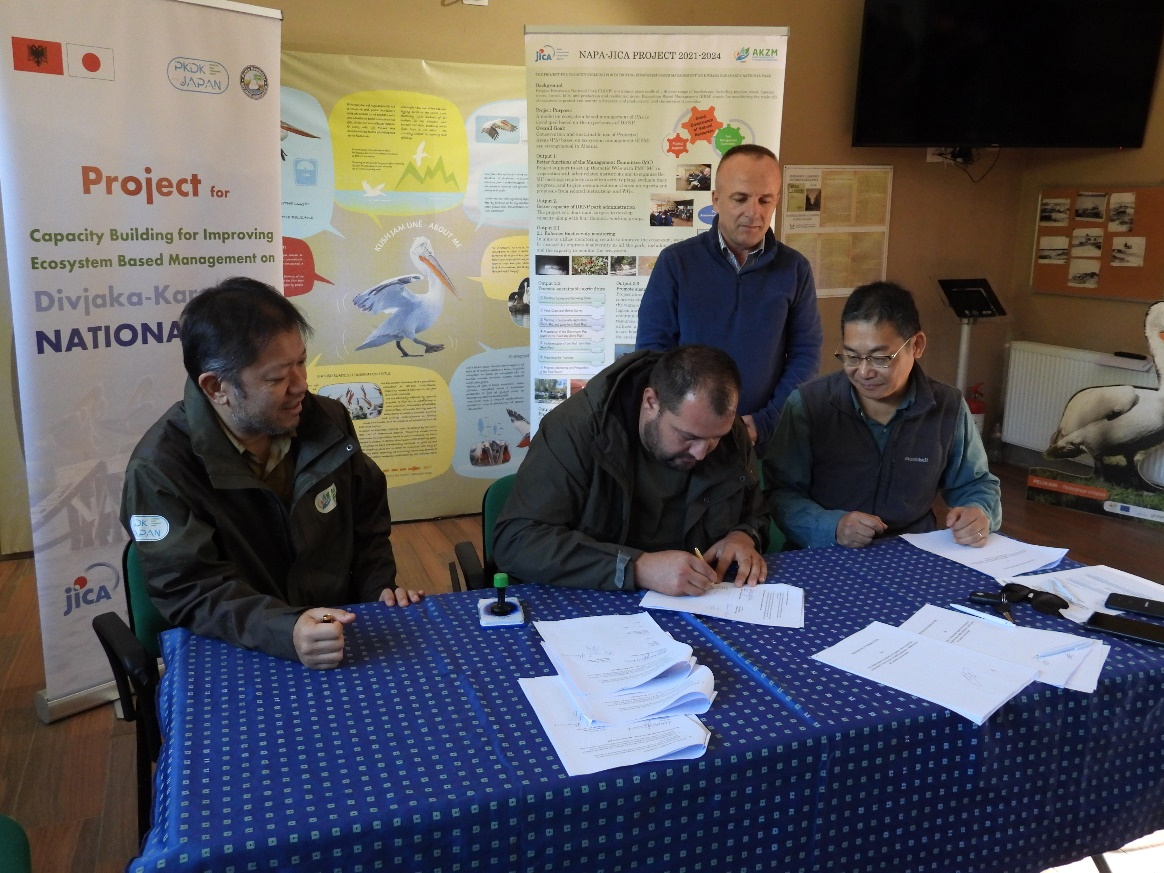
Located on the Mediterranean coast in the southwestern part of the Balkan Peninsula, about 100 km from Tirana, the capital of the Republic of Albania, Divjake-Karvasta National Park is home to a diverse ecosystem of estuaries, mudflats, and forests, and is a habitat for rare and highly endangered species such as the gray pelican and European eel.
In a project to strengthen the management capacity of the national park, we were responsible for sustainable fisheries and established a sustainable fisheries working group to promote ecological and sustainable fisheries in the lagoon within the national park.
1. catch monitoring
2. fisheries resource survey
3. countermeasures against alien crabs that cause damage to fishing nets
4. advice on improving fixed nets to improve the livelihoods of local residents
Through the project, park staff were able to improve their ability to plan scientific surveys, prepare surveys, coordinate with fishers, and write reports. It is expected that park staff will continue to lead the concerned parties in efforts to conserve rare species and maintain a diverse ecosystem.
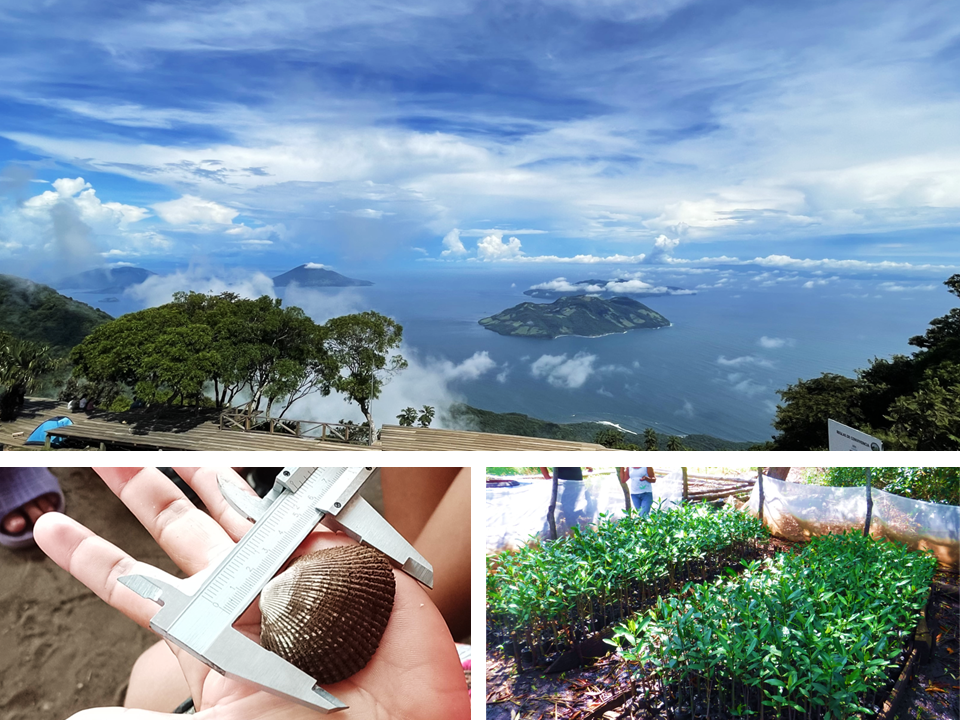
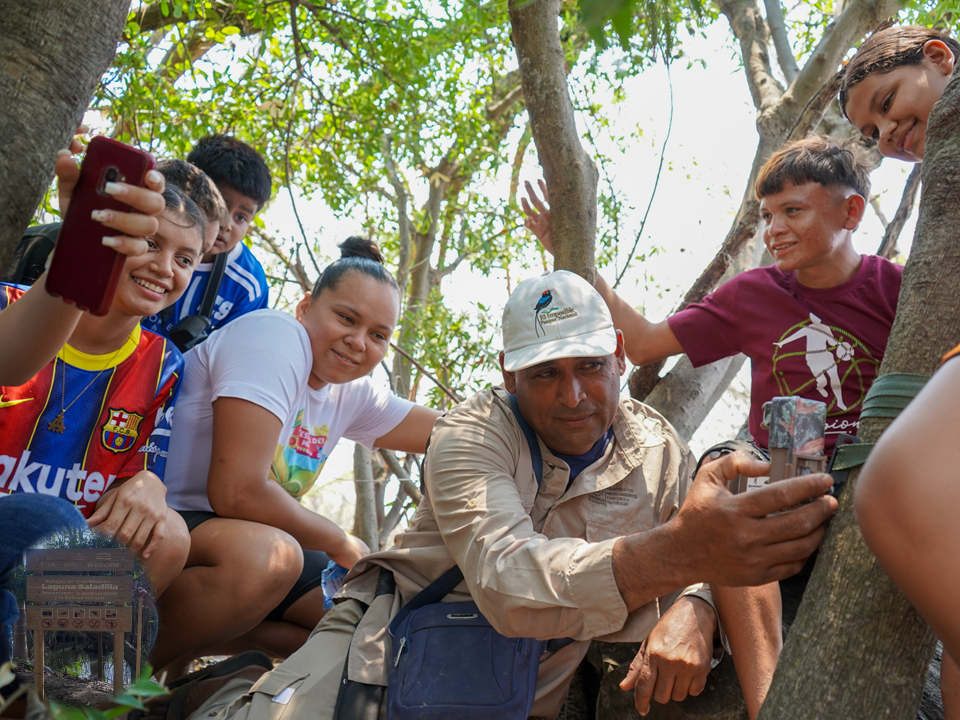
Central America and the Caribbean are known worldwide as a region rich in biodiversity, but the area of forests and wetlands is declining and the ecosystems are deteriorating. In addition, many valuable ecosystems are located near national borders, making efforts to conserve biodiversity across borders and other administrative boundaries a challenge. In this project, capacity building on biodiversity use and conservation was implemented in four border areas in SICA member countries.
Pilot activities in the Gulf of Fonseca, which straddles the three countries of El Salvador, Honduras, and Nicaragua, involved improving the ability of local residents to manage shellfish and fish resources, which are their means of livelihood, and implementing activities to restore these resources. Knowledge gained in each country was shared among the three countries to strengthen collaboration on biodiversity conservation and sustainable resource use.
In Monte Cristi, located near the Haitian border in the Dominican Republic, we worked on protected area management with the participation of local residents and contributed to biodiversity conservation by strengthening the management system of the wildlife sanctuary through signboard installation and other public awareness activities.
Findings from the pilot activities are being used to inform biodiversity conservation and sustainable use efforts in other countries through the Central American Integration Organization.
*SICA Regional Cooperation: The Central American Integration Agency (SICA) is a group of eight Central American countries (Guatemala, El Salvador, Honduras, Nicaragua, Costa Rica, Panama, Belize, and the Dominican Republic) that promotes integration mainly in the five areas of democratic security, climate change and comprehensive crisis management, social integration, economic integration, and strengthening regional organizations. JICA has been promoting regional cooperation in various fields since 2000. (From JICA website)